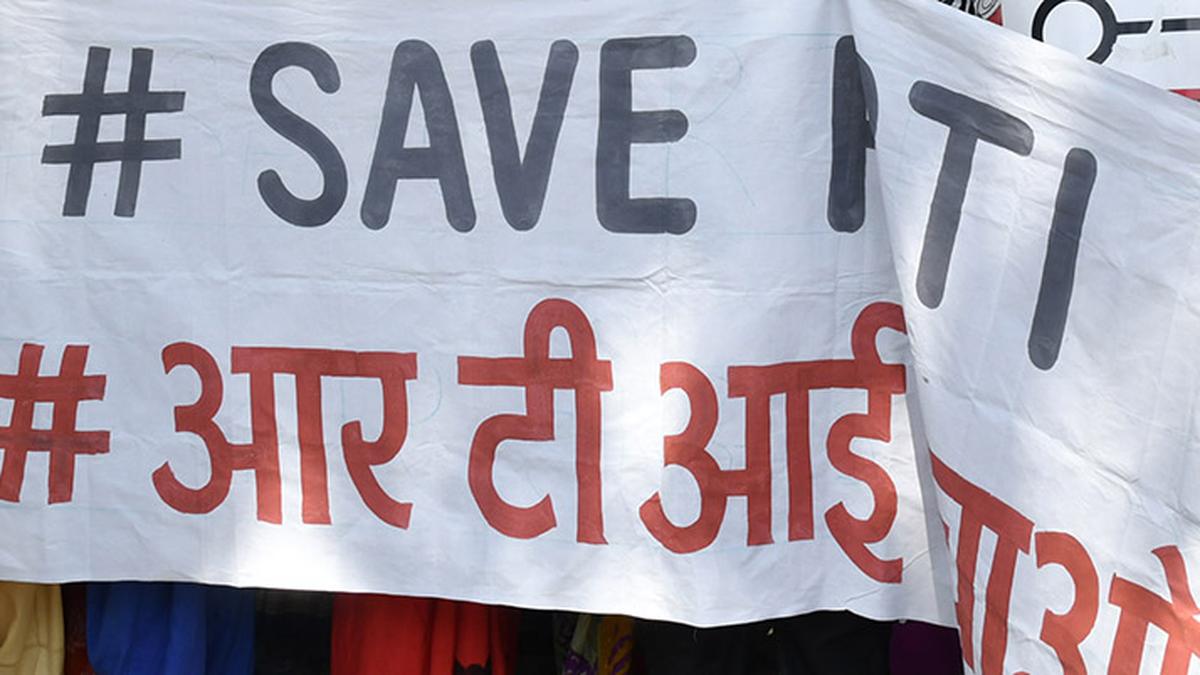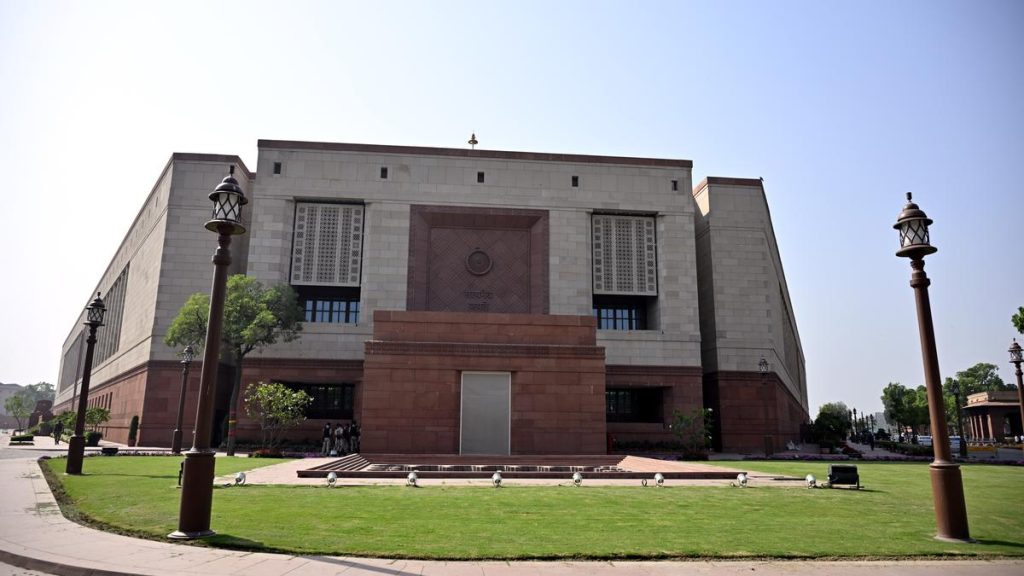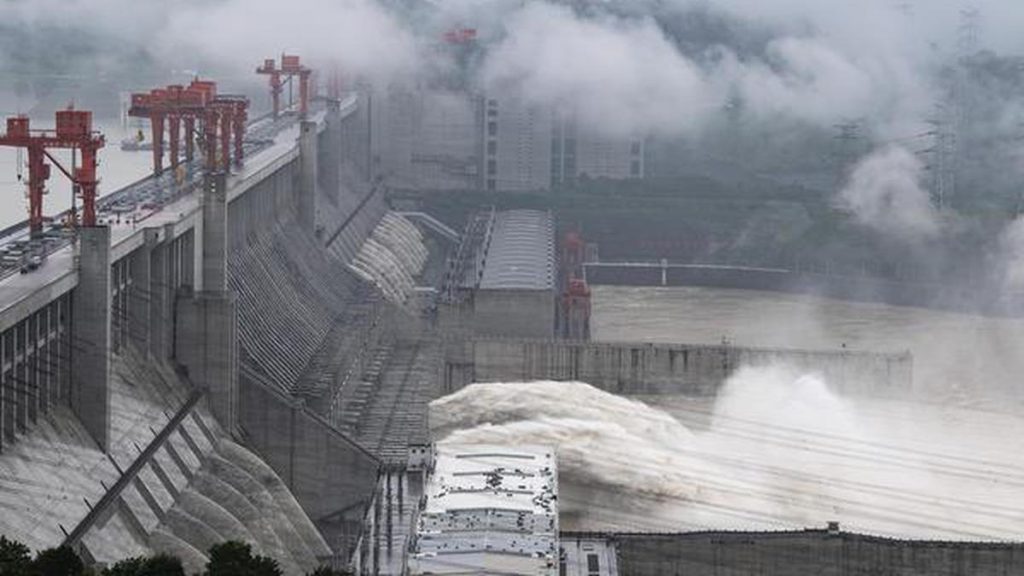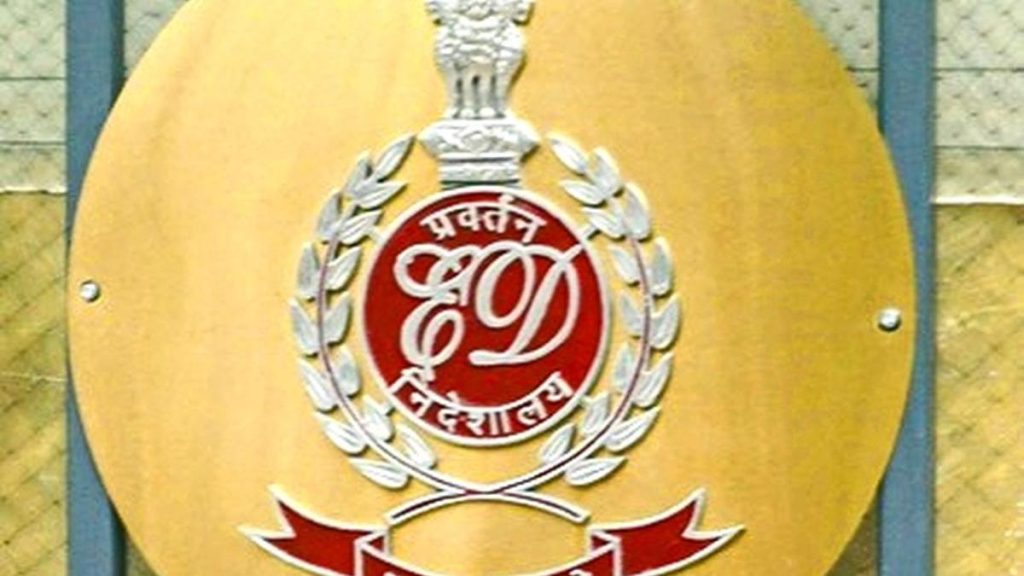Now Reading: Media Groups Unite Against Proposed RTI Act Amendments
-
01
Media Groups Unite Against Proposed RTI Act Amendments
Media Groups Unite Against Proposed RTI Act Amendments

Swift Summary
- Media representatives and the National Campaign for People’s Right to Information (NCPRI) criticized the Digital Personal data Protection Act, 2023 (DPDP Act) for diluting key provisions of India’s Right to Information (RTI) Act.
- The DPDP Act amends Section 8(1)(j) of the RTI Act, expanding grounds to deny access to public information by classifying it as “personal,” even if publicly relevant.
- Almost two dozen press organizations launched a “Roll Back RTI Amendments Campaign,” urging the government to reverse these changes.
- Union IT Secretary S. Krishnan assured stakeholders that journalists’ work wouldn’t be hindered, promising a future meeting with Union IT Minister Ashwini Vaishnaw and offering a “Frequently Asked Questions” document addressing concerns-though this offer was met with skepticism due to its non-binding nature.
- Justice A.P. Shah warned that these amendments would weaken India’s transparency framework, increase information asymmetry between citizens and Parliament, and perhaps face constitutional challenges.
Indian Opinion Analysis
The contention surrounding amendments in the DPDP Act highlights critical debates about balancing personal privacy rights with transparency provisions under India’s RTI framework. By broadening access denials based on “personal” classification, there are concerns that public accountability could suffer – particularly in instances involving malpractices or corruption tied to public figures or institutions.
A significant sticking point is whether transparency measures should remain robust despite technological advancements driving data protection policies globally. Questions posed by retired Justice Shah underscore fears about diminished access for ordinary citizens while elected representatives retain greater privileges.
While assurances from government officials may provide initial comfort, legal doubts over interpretative guarantees like FAQs might invite judicial scrutiny unless statutory language is clarified conclusively through legislative review or court rulings-a process likely necessary given assertions around constitutional viability.
Read More: The Hindu Article

























